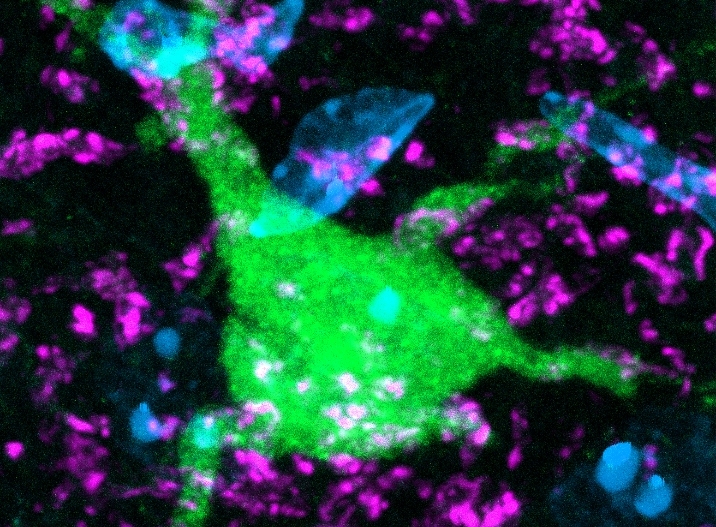Kiribati has eliminated lymphatic filariasis as a public health problem. The Pacific island nation joins 11 other countries and areas in the World Health Organisation (WHO) Western Pacific Region to have defeated the disfiguring tropical disease.
WHO Regional Director for the Western Pacific Dr Takeshi Kasai presented a plaque and certificate to Kiribati Minister of Health and Medical Services Mr Tauanei Marea.
“Congratulations to Kiribati on eliminating lymphatic filariasis as a public health problem,” said Dr Kasai.
“Years of effort by the Kiribati Ministry of Health and Medical Services, supported by the Japan International Cooperation Agency (JICA), the Korea Centers for Disease Control and Prevention (KCDC), the Pacific Community (SPC) and WHO, as well as donations of medicines from pharmaceutical partners, have made this landmark achievement possible.”
Lymphatic filariasis is a mosquito-borne, parasitic disease that can affect the lymphatic system and lead to abnormal enlargement of body parts. It can cause pain and lead to permanent disfigurement and severe disability, often resulting in people losing their livelihood and suffering from stigma, anxiety and depression.
Lymphatic filariasis is one of 15 neglected tropical diseases that are endemic in the WHO Western Pacific Region. It is spread when mosquitoes bite an infected person, then transmit the parasite to other people through subsequent bites. When lymphatic filariasis develops into a chronic condition, it can cause lymphedema (tissue swelling) or elephantiasis (skin/tissue thickening) of the limbs and, in men, hydrocele (scrotal swelling).
Stopping the spread of the infection is the only way to eliminate lymphatic filariasis. This is done by mass administration of medicines – giving an annual dose to the entire at-risk population.
Kiribati is made up of 32 atolls and one raised coral island scattered over 3.5 million square kilometres in the Pacific Ocean. The geographical challenges did not dampen Kiribati’s desire to eliminate lymphatic filariasis. With support from international development and pharmaceutical partners, the country began robust disease surveillance and mass drug administration in 2000.
Alongside prevention and elimination efforts, Kiribati has been working to ensure all people already living with lymphatic filariasis receive the medical care they need. By establishing a national morbidity register, the country was able to manage patient records. Kiribati also promoted home-based care whereby patients are empowered to manage their illness with the help of trained health workers, so chronic lymphedema is properly treated. All men with hydrocele received consultation and surgery if warranted.
“This is a success story for health in Kiribati,” said Minister Marea.
“This great achievement was only possible with collective efforts of dedicated health workers together with support from WHO and other partners. We will look after the few remaining patients who unfortunately acquired the disease before we started our preventive treatment campaign, and we will never allow filariasis to regain a foothold in the country.”






/news/gmp-ops-strategy-web-banner.tmb-768v.jpg?sfvrsn=3fe03d03_1)

